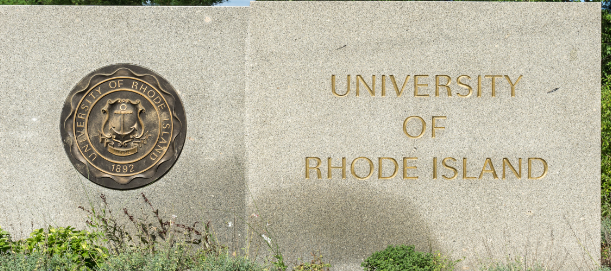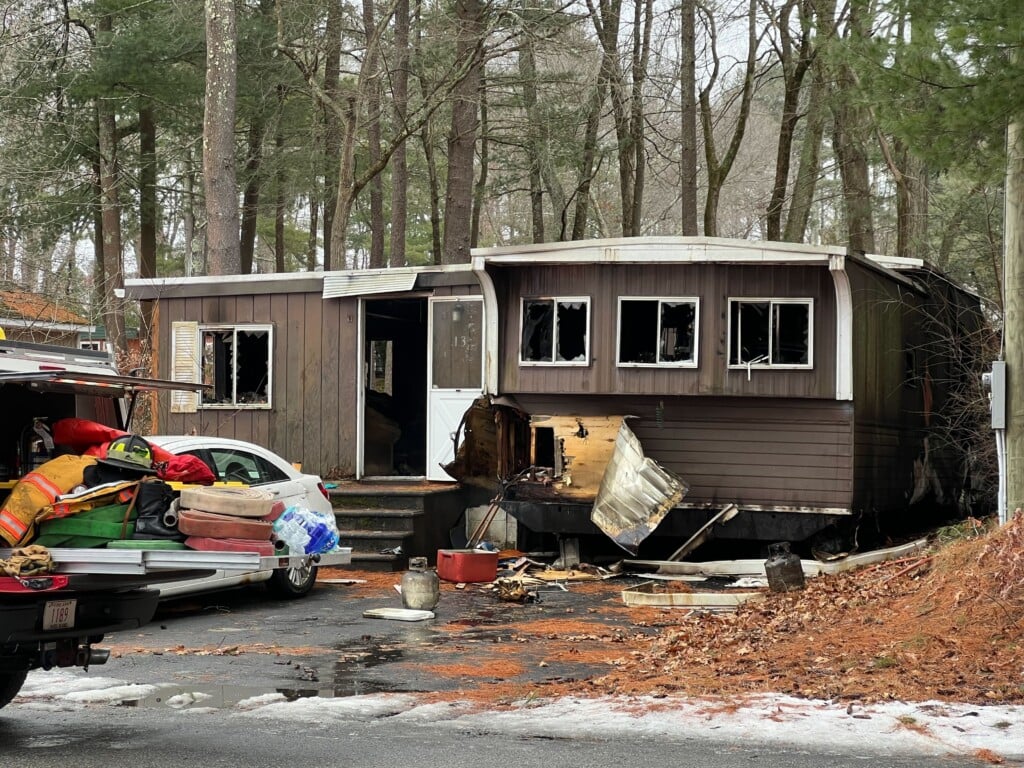Chemist at URI awarded $480,000 to improve performance of electric car batteries at low temperatures

KINGSTON, R.I. (WLNE) – Brett Lucht, a professor of chemistry at the University of Rhode Island, has researched numerous improvements to lithium-ion batteries for nearly 20 years.
Lucht has been exploring ways to extend the batteries’ calendar life and improve general performance.
Recently Lucht, through a $480,000 sub-contract with Brookhaven National Laboratory is undertaking a three-year study to improve battery performance at low temperatures.
Research conducted will be important to battery manufacturers, the automotive industry and the research community.
“The performance of batteries at low temperatures, especially for charging, is one of the major issues for the automotive industry,” says Lucht. “People living in Wisconsin and in Minnesota want their electric vehicles to function when it’s negative-10 degrees outside. And if you’re living in Florida, you may want to drive up and see your family in New Jersey in the winter. Even if you’re not immediately affected, it can create a doubt about whether the vehicle is going to perform.”
Lucht’s research gravitates around the center on the electrolyte liquid in lithium-ion batteries and its interface with the positive and negative electrodes.
At low temperatures, the battery can be very negatively affected. Lucht said, “The presence of the lithium metal reduces the calendar life of the battery,” he says, “and could result in safety issues such as fire or explosion.”
Low temperatures also affect the rate at which batteries can be charged and decrease the driving range between charges.
“The conductivity of the liquid electrolyte decreases with decreasing temperatures. In addition, the resistance of the interface between the electrode and the liquid increases. So, basically it is harder for the lithium ions to go back and forth. We’re trying to understand the cause of the poor performance and then systematically design better electrolytes and/or interfaces between the electrolyte and the electrodes to improve the problem,” he says.
Previously Lucht studied low-temperature performance in batteries for military aircraft operating in Alaska winters and for space applications. His work with Yardney, helped develop novel electrolyte formulations that help improve battery performance.
Lucht’s work with lithium-ion batteries dates back prior to the electric car boom. Having worked with URI, Yardney – a R.I. specialty battery manufacturer that does work for the military and NASA, he says, “Around 2010 when electric vehicles took off, I was in the right place at the right time. I already had 10 years of experience in an area that was kind of a niche area. It’s become the hot topic.”
Now, twenty years later, Lucht says it has become a rewarding career.



